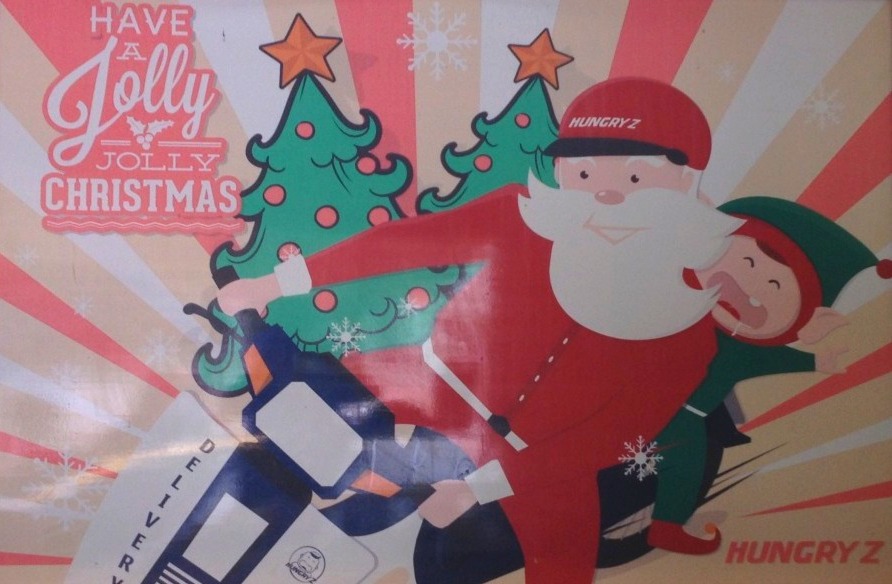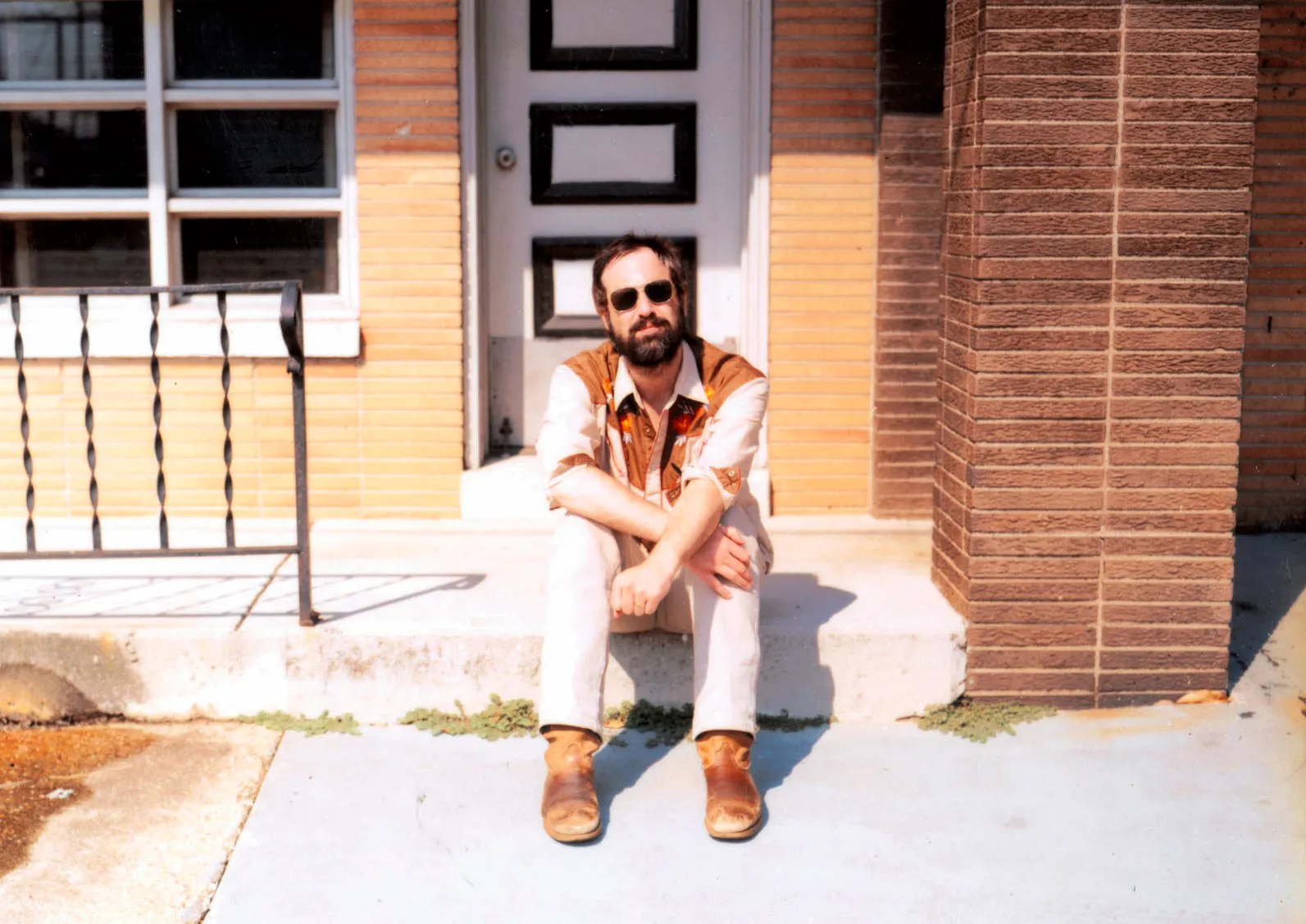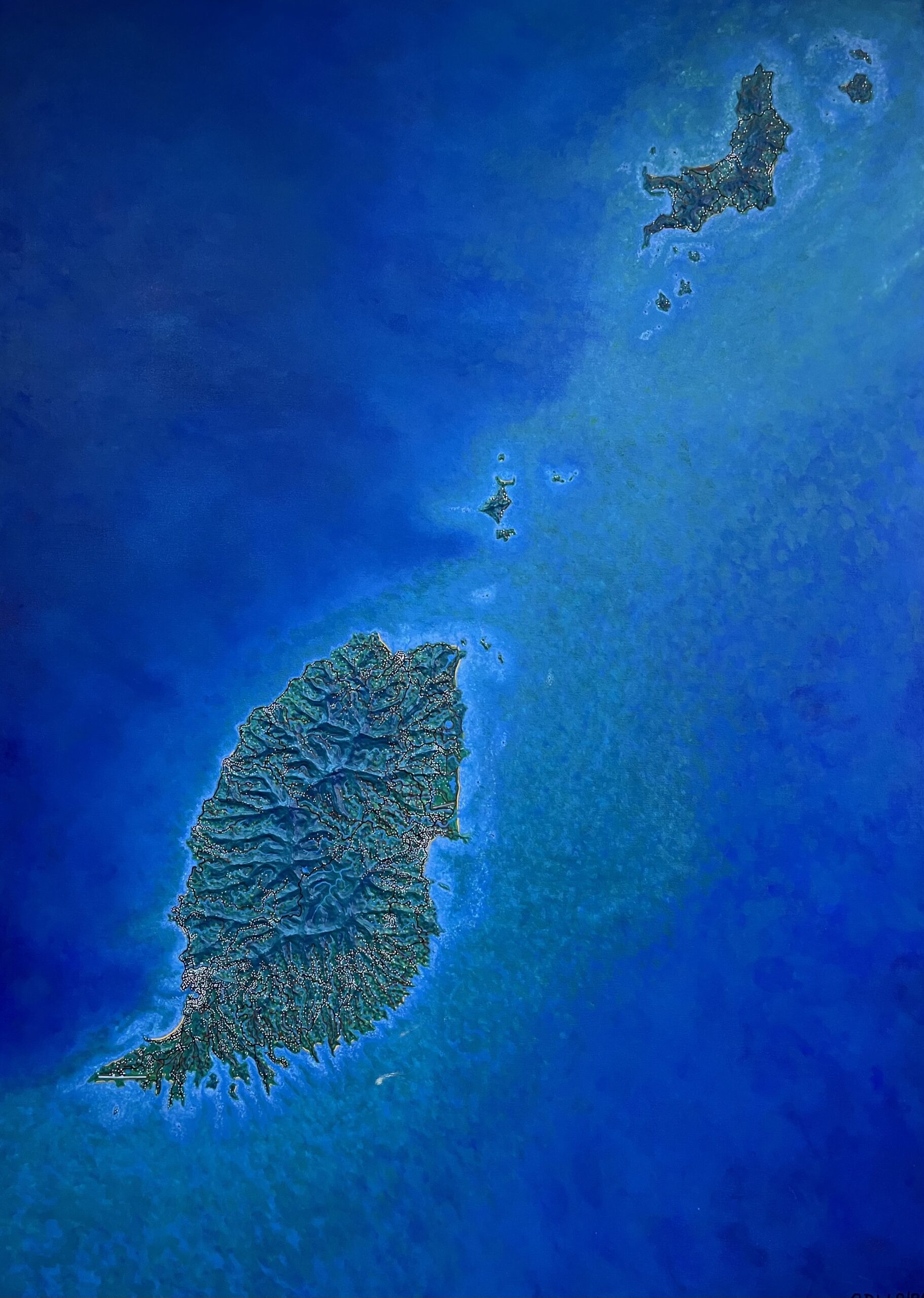Last week’s newsletter was all about friction:
It’s always difficult to spend the holiday season away from family and friends. You find yourself missing the traditions you’ve long held for this time of year, along with the special events and gatherings you look forward to with such anticipation. Your place in the world shifts and you have to deal with the friction the shift produces. One way is to bring the familiar into your new space—some Christmas tunes, favorite holiday movies, putting up a few recently bought decorations (instead of the beloved ones from the bins in your attic crawl space). Another way is to open yourself to how the holidays might be celebrated in your new place—spending unexpected time with new friends or observing the little changes in honor of the holidays happening around you.
I was thinking about friction this past week when I took a break from my comforting Christmas playlist and turned on Television’s song “Friction” from their album Marque Moon. Like so many forces in life, I started to process how friction can be both good and bad. So like Santa shimmying down the chimney, this week’s newsletter is gonna involve some friction.
You can read the whole newsletter here.
In Television’s song “Friction” (from the excellent Marque Moon), Tom Verlaine sings, “You complain of my diction. You give me friction” while cleverly pausing for a noticeable moment between “dic” and “tion.”
Innuendo aside, I think we need more friction. Our world tries so hard to reduce it. Get there faster. Buy it more easily. Watch it whenever you want. Our convenience culture often leaves us feeling disoriented, reaching for something solid to hold onto. The rapid pace of it all can cause us to become desensitized to the richness of all that life has to offer—blinded to what is truly valuable.
Friction can help us slow things down—see things more clearly. It can help make things a little harder so that we’re forced to grow. And it can also set up limits for us—limits that surprisingly make life more enjoyable.
I remember reading this Guardian article around the time I started getting into vinyl. In the article, Jeff Tweedy discusses why the album still matters in an age where you can just as well download individual songs from iTunes. While discussing the album Sukierae that he and his son Spencer released back in 2014, Tweedy says:
I just want to listen to the album and have a feeling that one part has ended, and now I can take a little breather before I listen to the second part. Or I can listen to the second part another time. It’s a double record on vinyl, so there are three breaks like that. I wanted it to have different identities artistically and the album format allows me to do that.
Listening to music on vinyl brings intentionality to the listening experience. There’s more friction compared to streaming an endless playlist on Spotify. You have to pay attention to when the record is finished, get up out of your seat, physically flip it over or change it, go sit back down. Changing the record requires even more friction—you take the record off the turntable, put it back in its sleeve, take a new record out of its sleeve, place it on the turntable, and so on. If you want to keep listening, you have to take all of these steps all over again. The intentionality brings mindfulness.
I also think of watching holiday specials when I was a kid. Each December, we use to pull out our living room hide-a-bed and lie down under it to watch A Charlie Brown Christmas. The idea of a holiday special is mostly lost on us today, but we can still add some friction into the mix to bring the “special” back. Rather than binge-watching a show, pick a night and watch one episode weekly. Showing some restraint and delaying satisfaction makes you appreciate it the show a lot more. Like listening to vinyl, it also might help you watch the show more mindfully.
This is true of a lot of things when you think about it. It’s the reason seasons are so cool. The season changes and you have to wait a whole year to see it again. As a result, you appreciate it a lot more when it finally comes around. Limiting yourself to eating out once a month makes that night a whole lot more special than if you eat out every night.
Friction can create more mindfulness and enjoyment for us, but it has an enemy: efficiency. In his book The Creative Act: A Way of Being, Rick Rubin writes about the dangers of our efficiency-based culture:
Our continual quest for efficiency discourages looking too deeply. The pressure to deliver doesn’t grant us time to consider all possibilities. Yet it’s through deliberate action and repetition that we gain deeper insight.
Friction allows us to look deeper, but the cost of it is time. Where do you have time to sacrifice efficiency and gain the benefit of deeper insight?
In the summer of 2023, I took a lot more time when I chose to bike from Wausau to Eau Claire (a journey that ended up being 120 miles) to see a late night concert at the Blue Ox Music Festival. There was certainly a lot more friction for me riding my bike than driving my car. It was a lot harder! But, I gained a great deal from the experience. When I arrived, Them Coulee Boys were singing “Ten Feet Tall,” and that’s just about how I felt.


There are so many ways you can add some more friction to your day. And the benefits are many—you get to know yourself better, you grow as a person, and you live with more intention. Ultimately you decide what is important to you rather than letting someone else determine that for you. Life becomes a lot more meaningful and satisfying as a result.
This week I was listening to Francis Quinlan’s song “Another Season,” and I caught the word “friction” in the opening verse. It struck me as a good way to close out the end of another year:
Hey
Nothin’ much, just
Wrappin’ up another season
What do you make of this town?
Here I have been taking the long way around
Do you, like me, keep closest to the most familiar friction?










